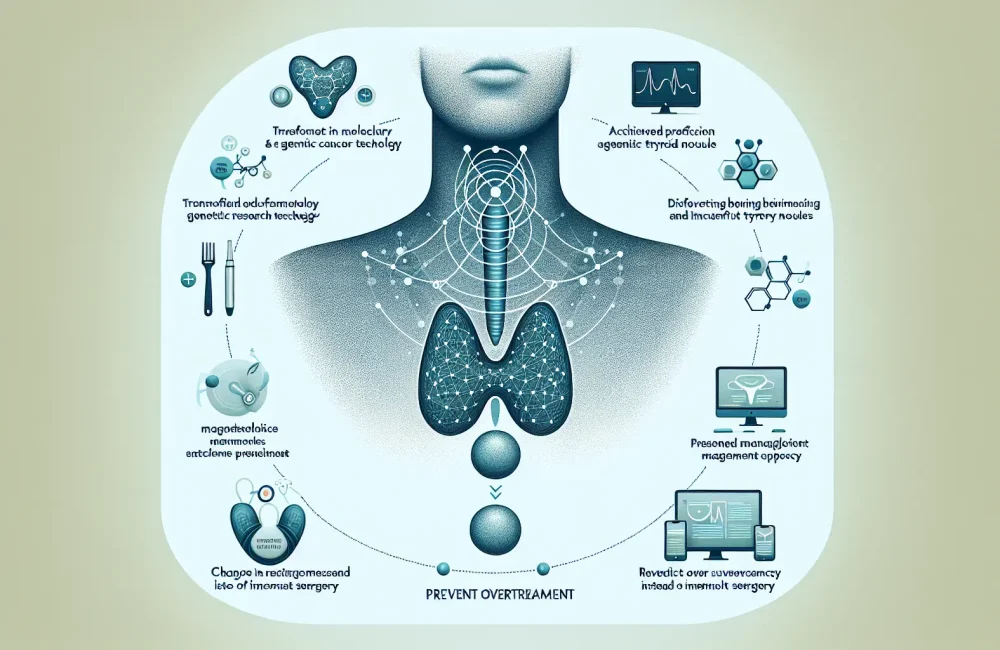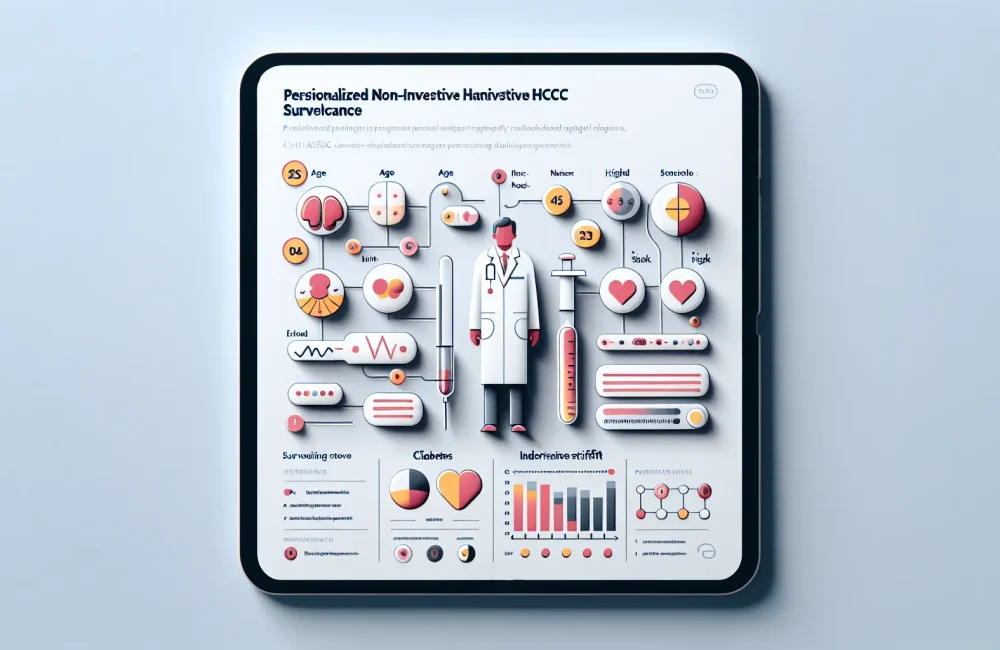By CAFMI AI From New England Journal of Medicine
Aspirin’s Role in PI3K-Altered Colorectal Cancer
This pivotal study investigates the adjuvant use of low-dose aspirin in patients with localized colorectal cancer exhibiting mutations in the phosphoinositide 3-kinase (PI3K) pathway. The rationale stems from aspirin’s known inhibitory effect on the PI3K signaling pathway, which plays a crucial role in tumor growth and progression. The study was a randomized, double-blind, placebo-controlled trial that enrolled 1200 patients who had undergone surgical resection for localized colorectal cancer. Tumor genotyping identified 450 patients with PI3K-mutated tumors, and these patients were randomized to receive either daily low-dose aspirin or placebo. The primary outcome measured was disease-free survival, with secondary outcomes including overall survival and safety profiles. These methods ensured a robust evaluation of aspirin’s therapeutic benefits in this specific genetic subgroup, aiming to enhance personalized cancer treatment in clinical practice.
Survival Benefits of Aspirin in PI3K-Mutant Patients
Results from the trial demonstrated that patients with PI3K-mutated colorectal tumors who received daily aspirin showed significantly improved disease-free survival compared to the placebo group. Aspirin’s anti-inflammatory and antiplatelet properties likely contributed to the suppression of tumor recurrence and metastasis. Notably, overall survival was also improved in the aspirin-treated group, highlighting the potential for aspirin as an effective adjuvant therapy in this genetically defined subgroup. Safety assessments confirmed that aspirin was well tolerated with expected mild adverse effects.
Implications for Precision Oncology and Future Research
The findings support integrating aspirin therapy into the postoperative management of patients with PI3K-mutated colorectal cancer, promoting a precision oncology approach. This study underscores the importance of tumor genotyping to identify patients who may benefit from targeted adjuvant interventions. Future research should explore the long-term effects of aspirin therapy, optimal dosing strategies, and its efficacy in combination with other treatments. Additionally, mechanistic studies are needed to further elucidate aspirin’s impact on the PI3K pathway and tumor microenvironment.
Read The Original Publication Here






